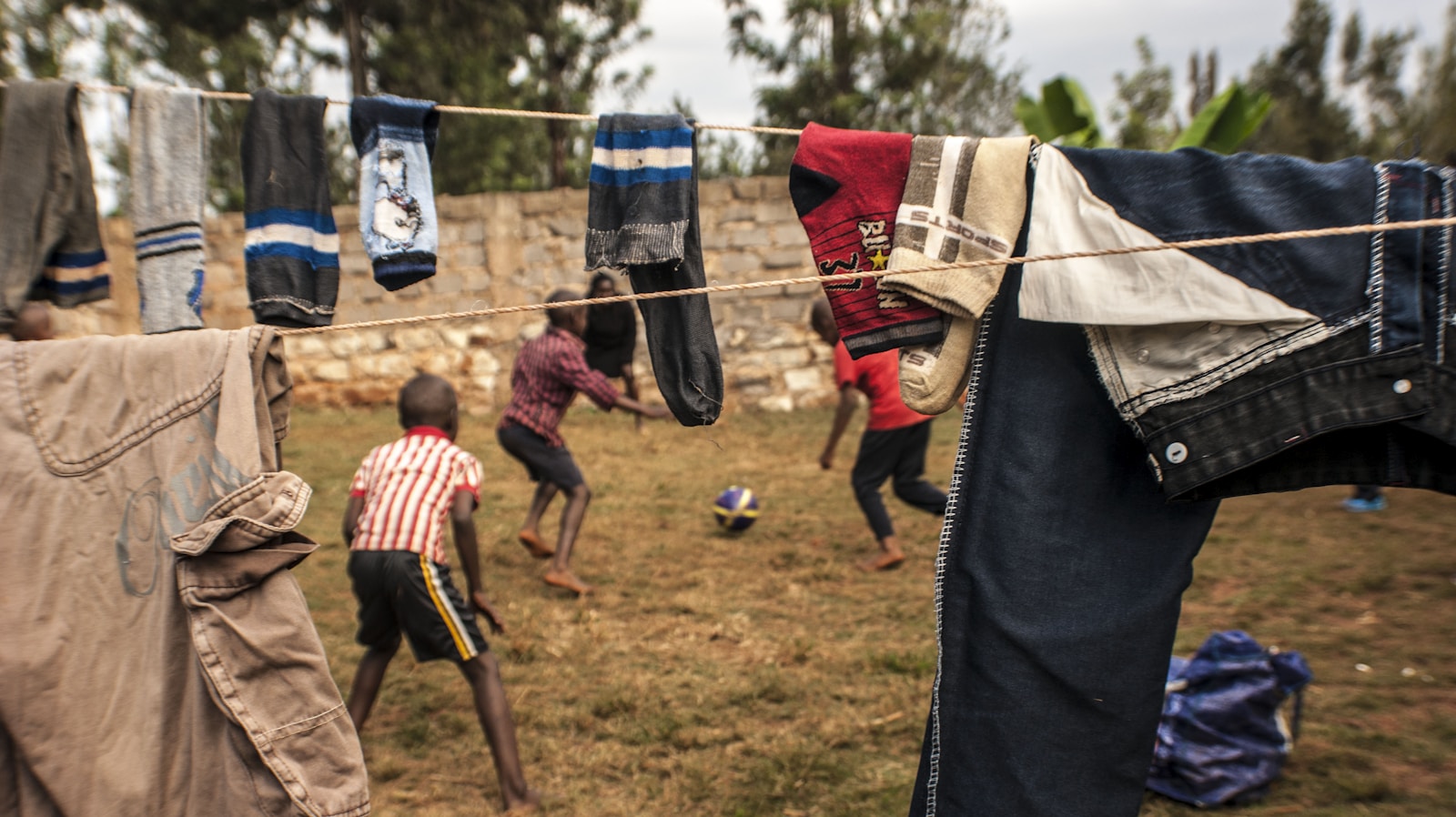
Los hijos

The children
In Spanish, 'los hijos' means 'the children', and it represents any person who is under the age of adulthood. A child commonly refers to a son or daughter at any age. Children are considered great blessings in Spanish cultures.
Example sentences using: Los hijos
Los hijos de Maria son muy educados.

Maria's children are very polite.
In this sentence, 'Los hijos' translates to 'the children.' 'De Maria' specifies whose children, in this case, Maria's. 'Son muy educados' means 'are very polite,' describing the children.
Los hijos están jugando en el parque.

The children are playing in the park.
Here, 'Los hijos' means 'the children' and 'están jugando en el parque' translates to 'are playing in the park.' This is a common expression to describe an activity the children are doing.
Los hijos necesitan comer.

The children need to eat.
'Los hijos' translates to 'The children', and 'necesitan comer' means 'need to eat'. This phrase is an example of a need or requirement statement targeted towards children.
Los hijos de mi tio son mis primos.

My uncle's children are my cousins.
In this example, 'Los hijos de mi tio' translates to 'My uncle's children'. 'Son mis primos' means 'are my cousins', which describes the relationship between speaker and his uncle’s children.
Los hijos de Ana están estudiando para el examen.

Ana's children are studying for the exam.
In this sentence, 'Los hijos de Ana' means 'Ana's children' and 'están estudiando para el examen' translates to 'are studying for the exam,' indicating the activity the children are currently engaged in.
Los hijos siempre escuchan a sus padres.

Children always listen to their parents.
'Los hijos' translates to 'The children'. 'Siempre escuchan a sus padres' means 'always listen to their parents'. This sentence uses a generalization about children's behavior towards their parents.
Los hijos de mi hermana son muy cariñosos.

My sister's children are very affectionate.
Here, 'Los hijos de mi hermana' translates to 'My sister's children' and 'son muy cariñosos' means 'are very affectionate'. This expression is used to describe a characteristic of the children.
¿Dónde están los hijos de la señora Rodríguez?

Where are Mrs. Rodriguez's children?
In this sentence, '¿Dónde están los hijos de la señora Rodríguez?' is asking 'Where are Mrs. Rodriguez's children?'. It is an example of a question using 'los hijos'.
Los hijos siempre heredan las propiedades de sus padres.

Children always inherit their parents' properties.
In this example, 'Los hijos' means 'The children', and 'siempre heredan las propiedades de sus padres' translates to 'always inherit their parents' properties'. This is a general statement about inheritance.
Los hijos están aprendiendo a montar en bicicleta.

The children are learning to ride a bike.
This sentence translates as 'The children (los hijos) are learning (están aprendiendo) to ride a bike (a montar en bicicleta).' It is an example of a present continuous structure in Spanish.